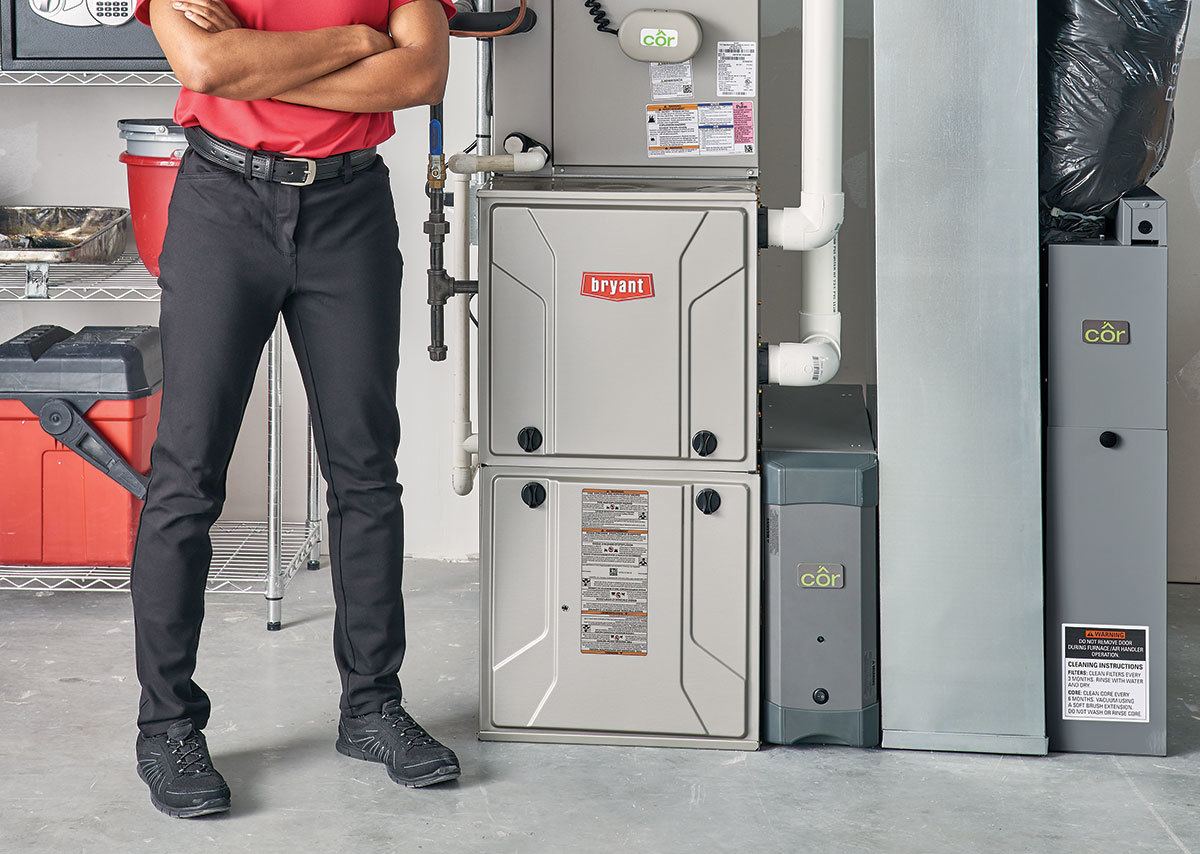No Heat in the House: Is This a Maintenance Emergency?
Introduction
When winter is knocking at your door, the last thing you want is to wake up to a frigid house with no heat. The chilling realization can send shivers down your spine, prompting questions like, “What went wrong?” and “Is this an emergency?” Understanding whether a lack of heat in your home qualifies as an emergency can be vital for both comfort and safety. In this comprehensive guide, we’ll explore everything related to heating emergencies, focusing on how to respond effectively when you find yourself in a situation where there’s no heat in the house.
No Heat in the House: Is This a Maintenance Emergency?
Experiencing no heat in your home can indeed feel like a maintenance emergency. When temperatures drop significantly, being without adequate heating puts not only your comfort but also your health at risk. In extreme conditions, prolonged exposure to cold can lead to hypothermia or frostbite. Therefore, recognizing the urgency of the situation is crucial.
Understanding Heating Systems
Before diving deeper into solutions and services for heating emergencies, it's important to understand how various heating systems work. Most homes are equipped with either furnaces or boilers that generate heat through different means—forced air or hot water. Knowing how these systems function can help you troubleshoot minor issues before calling for emergency HVAC repair.
Common Reasons for Loss of Heat
Signs That You Need Emergency Heating Repair
1. Unresponsive Thermostat
If you’ve set your thermostat but nothing happens when it’s time for the furnace to kick on, it might indicate a need for immediate attention.
2. Unusual Noises from Your Heating System
Strange sounds such as clanking or rattling often signal mechanical problems that could escalate if not addressed promptly.
3. Inconsistent Temperatures Across Rooms
If some areas of your home are warm while others remain icy cold, it may signify ductwork issues that require urgent HVAC services.
The Importance of Prompt Action
Delaying repairs can lead to more severe problems down the line—both financially and physically. If you're asking yourself whether you need emergency HVAC service near me right now, consider these factors:
- What is the current temperature outside?
- Are there vulnerable individuals (e.g., children or elderly) in your home?
- How long has the heating issue persisted?
Emergency Furnace Repair Services Available 24/7
When faced with no heat in the house during chilly nights or weekends, having access to 24-hour furnace repair becomes invaluable. Many local companies offer around-the-clock service specifically for emergencies.
Finding Emergency HVAC Repair Near Me
Searching online for "emergency HVAC repair near me" can yield numerous options quickly. Here’s how you can make an informed choice:
- Check customer reviews
- Look for certifications
- Compare response times
Cost Considerations for Emergency Repairs
Understanding what you’ll pay when calling for emergency services helps avoid surprises. Factors influencing costs include:
| Factor | Description | |-----------------------------|----------------------------------------------------| | Time of Service | Night and weekend calls usually cost more | | Type of Repair Needed | Complex repairs will incur higher charges | | Warranty on Parts | Some companies may offer warranties that affect price|
Do-It-Yourself Troubleshooting Tips
While calling professionals should always be your first step during a real emergency, https://directhomecanhelp.com/service-area/hvac-contractor-in-middlefield-ct/ knowing some DIY troubleshooting techniques could save you time:
When Is It Time to Call Professionals?
Recognizing when it’s necessary to call for emergency heating repair near me is essential:
- If you've tried basic troubleshooting without success
- If you notice any gas leaks (rotten egg smell)
- If you're unsure about handling electrical components
Emergency HVAC Service – What To Expect?
Calling an emergency HVAC service typically involves several steps:
Preventative Measures Against Heating Emergencies
To minimize chances of experiencing no heat in the house again, consider these preventative measures:
Frequently Asked Questions (FAQs)
1. What should I do first if my house has no heat?
First things first! Check your thermostat settings and ensure it's turned on and set correctly.
2. How do I know if my situation qualifies as an emergency?
If indoor temperatures are dangerously low—especially with vulnerable individuals present—it qualifies as an emergency that requires immediate service.
3. Can I fix my furnace myself?
Depending on the issue's complexity; simple tasks like changing filters are manageable but avoid complex repairs if you're untrained.
4. How much does emergency furnace repair typically cost?
Costs vary based on location and service provider but expect higher rates during off-business hours due to increased demand.
5. What type of emergencies do HVAC professionals handle?
HVAC professionals typically address mechanical failures, power outages affecting systems, gas leaks, and other critical issues affecting safety.
6. How often should I schedule maintenance checks?
Aim for at least two annual maintenance checks—before winter begins and mid-season—to keep systems running efficiently year-round.
Conclusion
In summary, experiencing no heat in your house is undoubtedly concerning—and often qualifies as a maintenance emergency that requires prompt action! Whether you're dealing with unresponsive thermostats or strange noises from equipment needing urgent attention—knowing when it’s time to call professionals can help ensure safety and comfort during those cold months ahead!
Equipped with knowledge about common causes behind heating failures alongside effective troubleshooting techniques empowers homeowners against future incidents—making every winter season more bearable! So next time you find yourself asking “No Heat in the House: Is This a Maintenance Emergency?” remember this comprehensive guide—as preparedness is key!

This article serves not only as an informative resource but also aims to build trust by sharing valuable insights into maintaining efficient home heating systems while emphasizing reliable professional assistance whenever needed!
